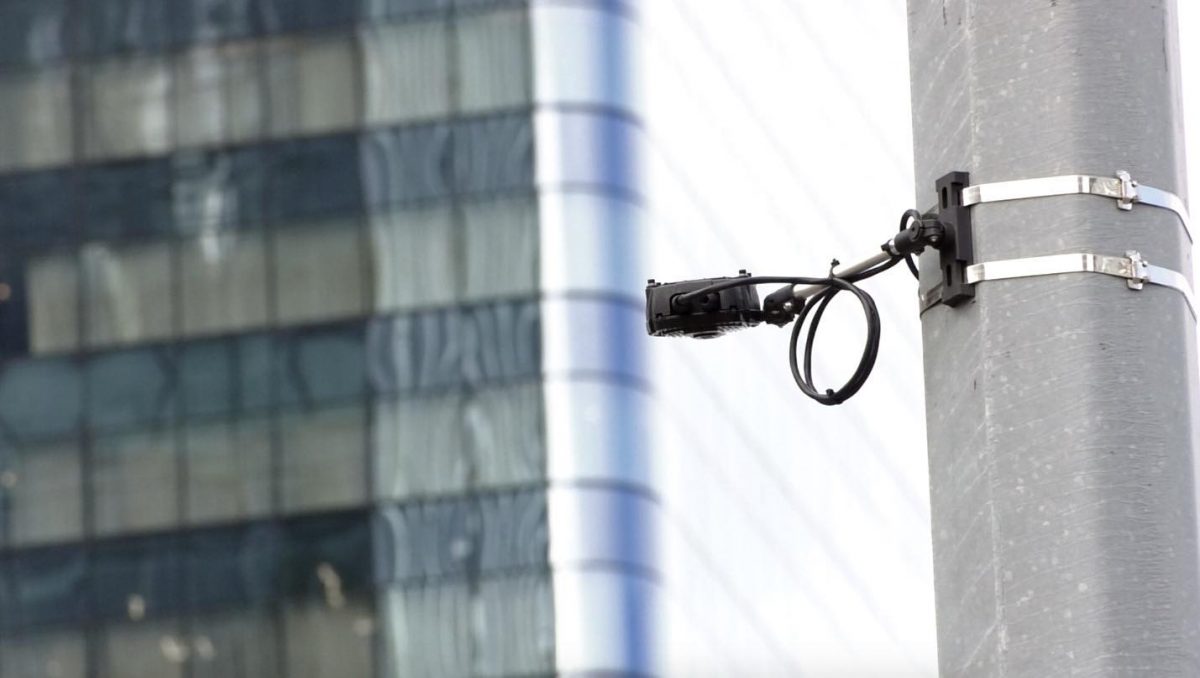The city is testing new technology to help move downtown commuters faster. Adaptive traffic signals have been installed at all controlled intersections on 101 St., between 103A Ave. and 111 Ave., as part of a three-month pilot program.
Edmonton is the first city in Canada to test this technology. The hope is fewer drivers will spend time waiting at red lights.
“It’s 11 at night, nobody else is at the intersection and yet, you’re waiting a minute for the traffic light to change. Well, if the system’s adaptive and it can respond to that it can realize, wait a second there’s no traffic coming in the other direction. We got these cars waiting to go through get them through,” said Councillor Andrew Knack.
The system consists of four cameras at each intersection along the corridor. The cameras will monitor the number of vehicles waiting at a light and change the lights to move people faster.
“They will allow us to change traffic signals relative to the variable traffic flow,” said Olga Messinis, Director of Traffic Operations.
The intersection at 103A Ave. and 101 St. also has an automatic pedestrian detection system. The detection system will recognize when pedestrians are waiting to cross and initiate the “walk light.”

The city chose the location due to the large amount of traffic near Rogers Place.
“This is actually a very interesting corridor since the opening of the arena, hockey season right now and a lot of concerts. This particular corridor sees a lot of variable traffic patterns. A lot of our other corridors around the city see some steady and static travel patterns throughout the day,” said Olga Messinis.
City council will receive the results from the pilot project in March. If the results are positive, you can expect more adaptive signals installed in the next year. The trial system is costing $750,000.

